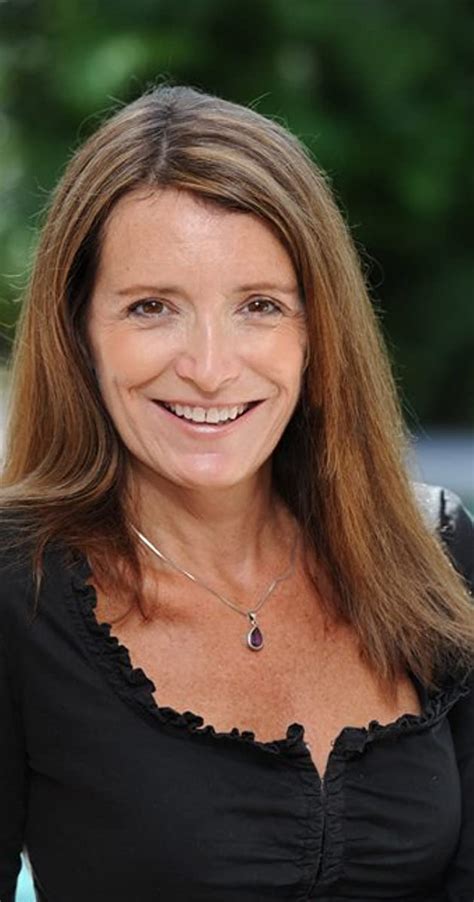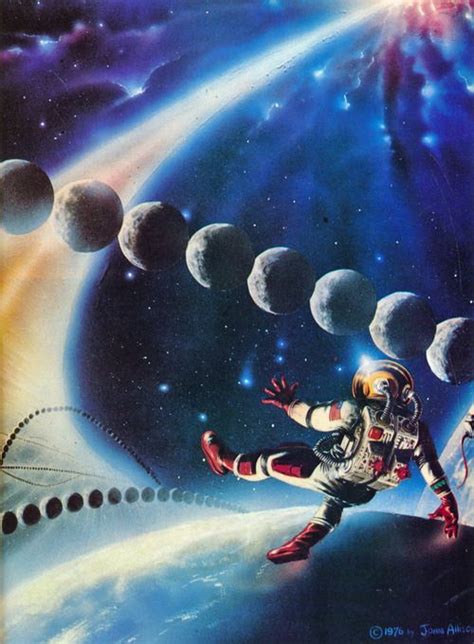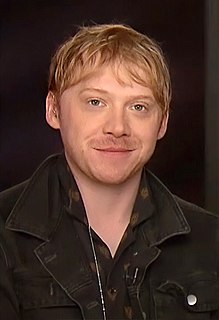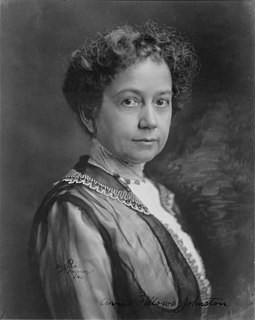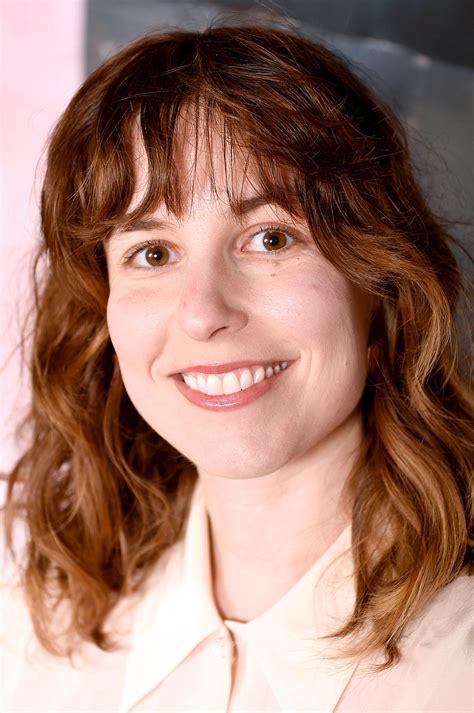A Quote by Margaret Geller
I never had a single female professor throughout my whole education, from the beginning of university to the end. Even all the books were about men; I never really liked reading books about the history of science, and I never really understood why.
Related Quotes
I was such a huge fan of Harry Potter books. That's how I got into it. I had never really thought about acting or a career. I just wanted to be Ron, really. It was a very unusual introduction into the industry, and we learned so much. It's been a real education and an evolution. I really, really enjoy this.
Personally, I never understood the power of having books written about your experience - whatever that experience may be - until I wrote one and started hearing from teens. I just got an email from a reader who said that "Thirteen Reasons Why" was the first time they had felt understood. A book shouldn't be anybody's first time feeling understood and that's where censorship bothers me. These books need to be out there.
I was an adjunct. I never got tenure, never had it. I was a professor, though. But I never got tenure. I never really wanted tenure, to tell you the truth. Really wasn't - the guys who got - the tenured people were some of, like, the least interesting. And they were people I didn't really like very much anyway.
The little dog-eared books in the meeting-house proved poor reading ... So many of them were about unnaturally good children who never did wrong, and unnaturally bad children who never did right. At the end there was always the word MORAL, in big capital letters, as if the readers were supposed to be too blind to find it for themselves, and it had to be put directly across the path for them to stumble over.
A lot of people started asking me about this woman director thing, which I never thought about before. And I'd never really thought about how there aren't really many female directors. I knew it, but I'd never really sat down and thought about the implications of that, and what it meant for a woman to make a movie, and how it's viewed differently when a woman makes a movie about women.


